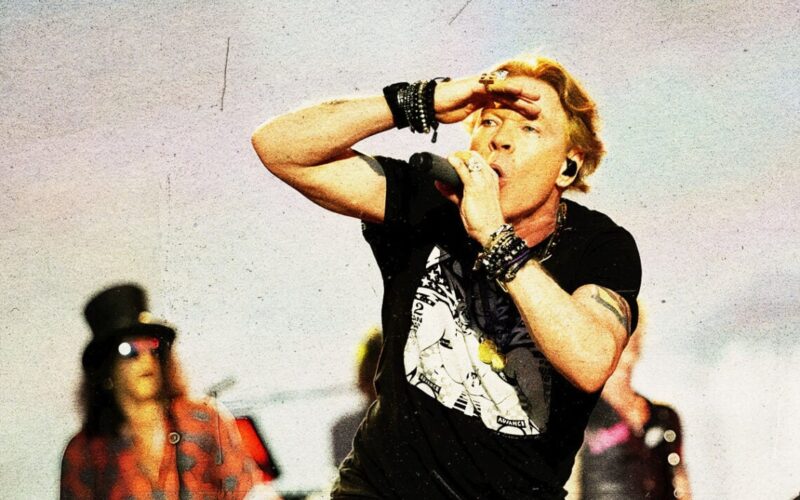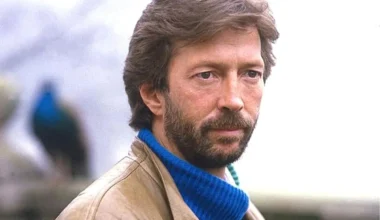The early ’90s were a turning point for rock music. While it’s often said that hair metal died the moment Nirvana’s Nevermind unexpectedly topped the charts—ushering in the grunge era with flannel shirts replacing spandex—this shift was about more than just fashion. It marked the decline of glossy power ballads and superficial rock theatrics. Yet, before grunge’s seismic breakthrough, a vibrant punk underground was already alive and kicking across America. All it took was one song— Smells Like Teen Spirit —to finally break the dam.
In this transformative era, Guns N’ Roses stood apart from their glam-metal peers like WASP or Mötley Crüe. Emerging from Los Angeles’ rock scene, GNR’s 1987 debut Appetite for Destruction was raw, volatile, and gritty—a bold contrast to the polished hits dominating the airwaves. Even their most accessible single, Sweet Child O’ Mine , retained an edge born from punk influences and authentic classic rock roots.
But grunge’s arrival was undeniable. Just days before Nevermind dropped, Guns N’ Roses released their ambitious double album Use Your Illusion I & II . The records yielded chart-toppers like You Could Be Mine and epic ballads like November Rain , yet the band quickly found themselves overshadowed by the changing tides of rock.
The 1993 covers album The Spaghetti Incident? marked the beginning of the end for the classic lineup. By the late ’90s, Axl Rose remained the only original member, with Slash departing in 1996 and bassist Duff McKagan following in 1998.
Rose soldiered on, collaborating with artists from Moby to Nine Inch Nails’ Robin Finck and the enigmatic Buckethead, all while working on the long-anticipated—and much-delayed— Chinese Democracy . By 2000, old tensions simmered as the band members communicated through intermediaries to compile Live Era ’87–’93 , a retrospective boxed set. Rose’s feelings toward Slash were complicated and raw.
“I never said that I was bitter,” Rose told Rolling Stone at the time. “Hurt, yeah. Disappointed. I mean, with Slash, I remember crying about all kinds of things in my life, but I had never felt hot, burning tears… hot, burning tears of anger.” The pain stemmed from watching Slash’s seemingly erratic career path. “I’m watching this guy and I don’t understand it. Playing with everyone from Space Ghost to Michael Jackson. I don’t get it. I wanted the world to love and respect him. I just watched him throw it away.”
It’s worth noting that Slash’s collaborations with Space Ghost Coast to Coast, a cult Cartoon Network show featuring guests like the Ramones and Laurie Anderson, weren’t out of place. His work with Michael Jackson included contributions to Dangerous , notably the single Give In to Me —a track far removed from Jackson’s typical style and one that polarized fans.
Chinese Democracy finally emerged in 2008, met with both bewilderment and praise for its ambitious production. Eight years later, Slash and McKagan rejoined Guns N’ Roses for the massively successful Not in This Lifetime… Tour, proving that whatever Slash “threw away,” it hadn’t diminished his stature as a hard rock icon.
That moment when Slash’s performance brought Axl Rose to tears wasn’t just about music—it symbolized the intense emotional and creative struggles that nearly tore apart one of rock’s greatest bands. But in the end, their story proved that even the deepest rifts can heal, giving fans a second chance to witness the magic that only Guns N’ Roses can deliver.






